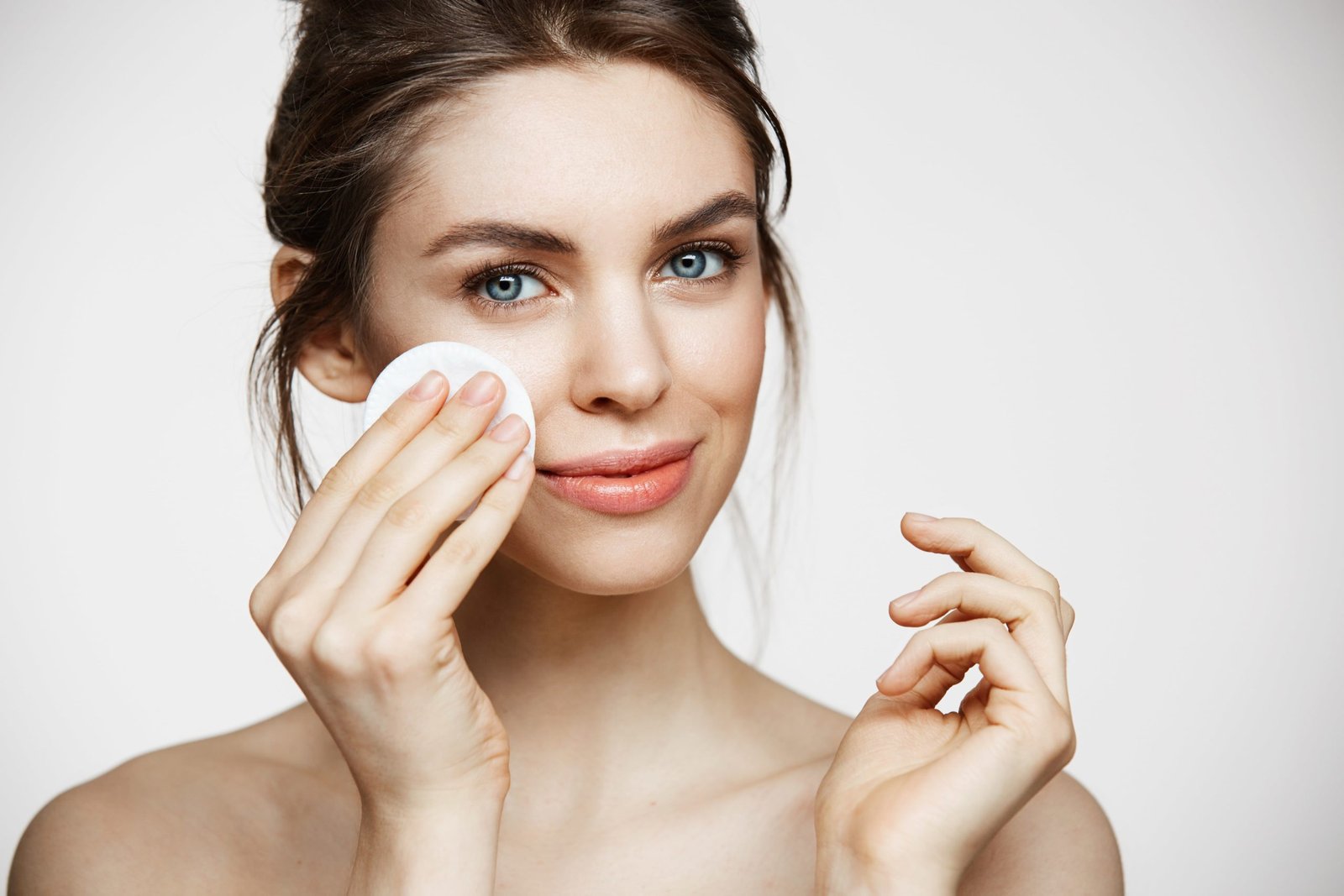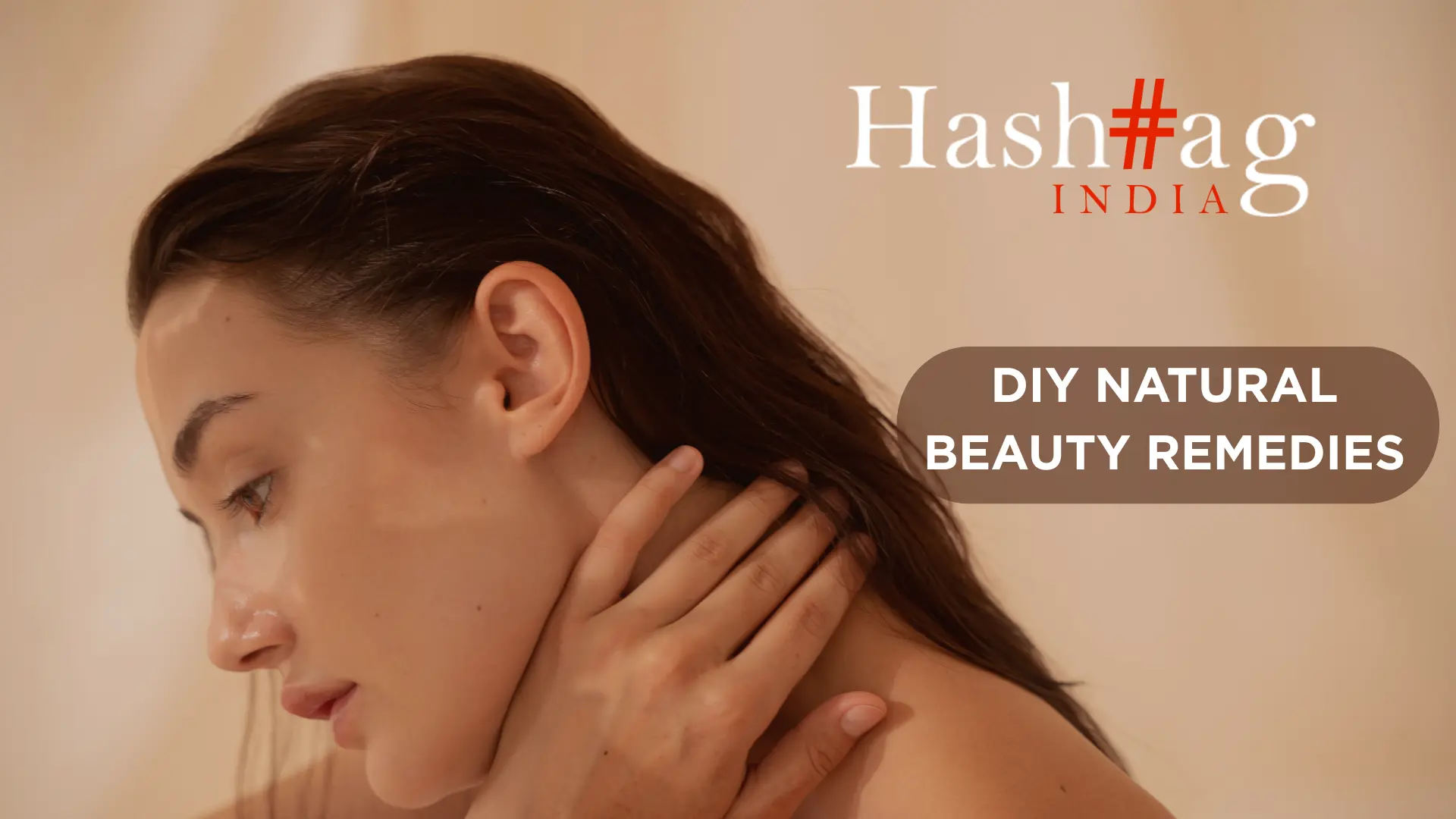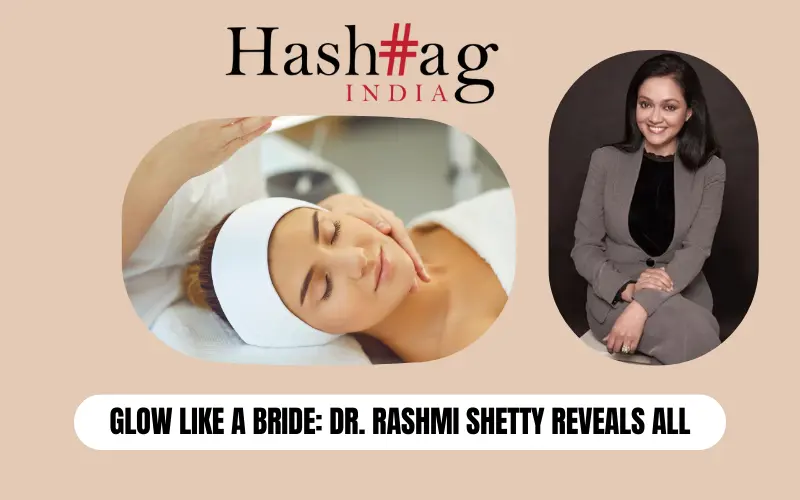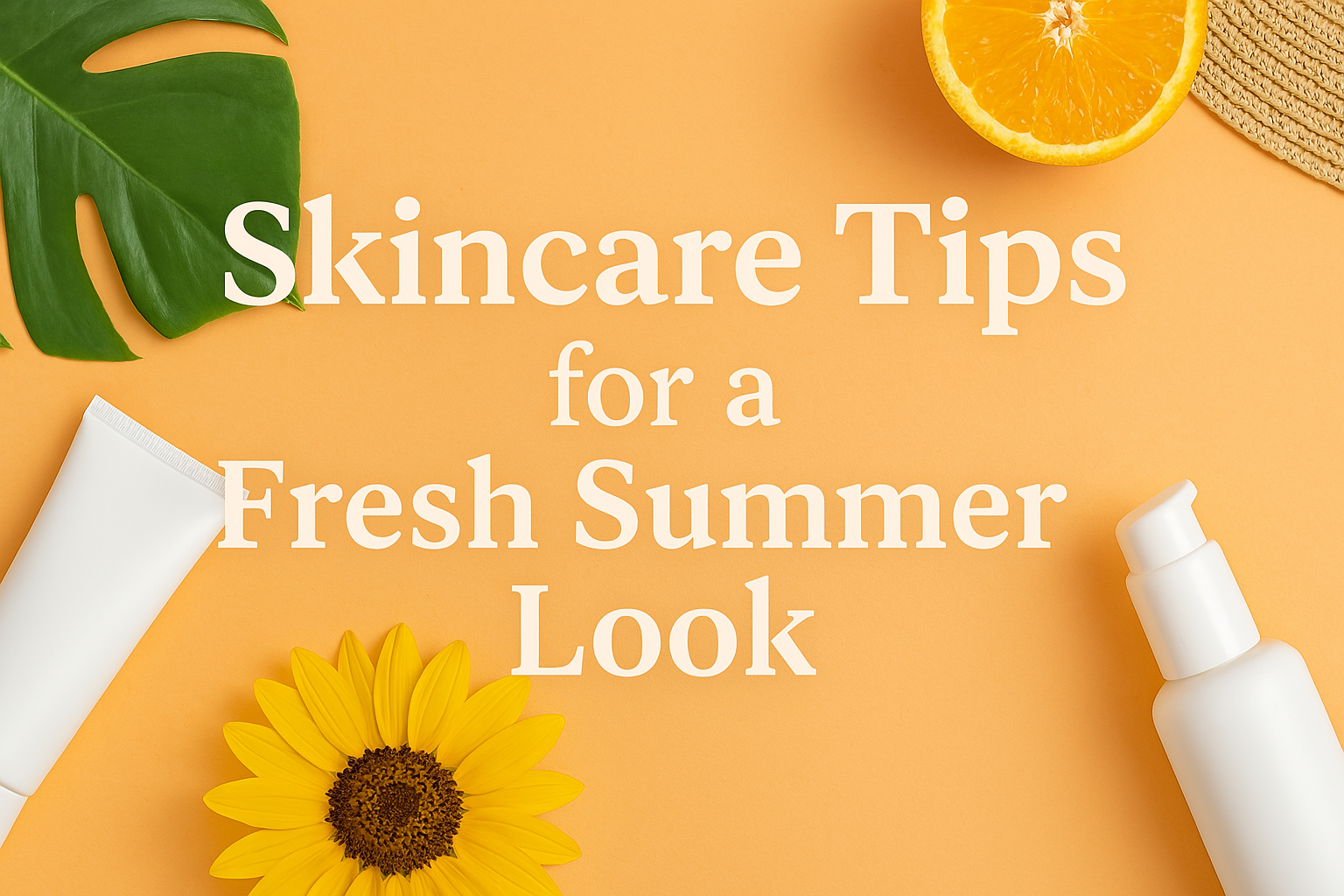Skincare is like dieting, you have to invest time and effort into it. There is no instant miracle or cure for achieving flawless skin. Qudsiya Raiees shares a power guide to the perfect night-time skincare routine.
Why is night-time skincare routine essential?
Your day is filled with tons of activities that affect the texture of your skin. As you go through your work and daily chores, your skin is being exposed to harmful environmental stress. Exposure to UV rays, pollution, dirt and free radicals will eventually lead to skin damage, dry skin and other problems. Hence, you should provide your skin with the right care after a long day to help your skin rejuvenate naturally and keep damaging factors like sun, wind, stress and debris away from penetrating the deeper layers of the skin.
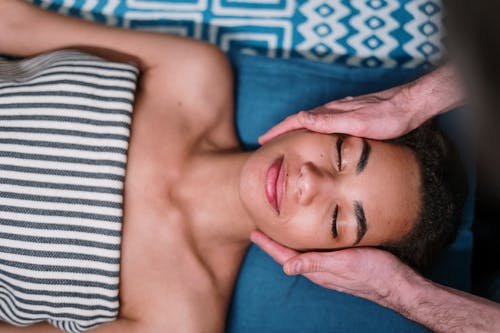
Night skincare routine steps should address the specific needs of your skin.
What products should be in your arsenal?
1. Cleanser:
Cleansing helps remove excess oil, makeup, sweat, dirt and dead skin cells from your skin. It refreshes your skin and gives it a chance to breathe.
How to choose a cleanser?
Using a gentle cleanser, like the Cetaphil cleanser, is ideal to remove dirt and debris as well as to moisturise the skin. The cleanser also creates a fresh surface for the rest of your products to penetrate.
If you want to opt for home-based products, use cleansers with natural ingredients like oat or oatmeal (Avena sativa) and with gentle surfactants. In ancient times, oatmeal was used mostly for its soothing benefits. More recent studies, however, reveal the effective cleansing activity of oats because they contain compounds called saponins. Saponins enable high skin surface activity.

2. Toner
While looking for a toner, choose the one with either BHA (beta hydroxy acid, like salicylic acid) or AHA (alpha hydroxy acid, like glycolic acid or lactic acid).
Toners work to unclog pores, prevent breakouts, lower the pH level of the skin and help prepare it for any of the night creams or serums that will follow.
How to choose a toner?
Choose a gentle toner, such as Plum Green Tea, The Ordinary Glycolic Acid 7% Toning Solution and Neutrogena Alcohol-Free Toner. Home based toners like rose water, aloe vera gel, apple cider vinegar or green tea make excellent toners because they are totally natural and have great skin-conditioning benefits.
Soak two cotton wool pads with your toner, and sweep across the face and neck in upward and outward movements. You will be surprised to see the amount of dirt on the cotton pad, despite cleansing. Thus, it is one of the most important parts of your daily skin care routine.
3. Serum
“Serums are essentially just shots of extremely concentrated nutrients, hydrators, and antioxidants that really amp up your skin health as soon as you apply them,” says Dr Gohara.
How to choose a serum?
Vitamin C serum protects your skin from the inflammation and damage caused by free radicals during the day while also brightening skin and lightening dark spots over time. It’s really the VIP of skincare ingredients, but it’s also a little strong. So if your skin is sensitive, use it every other morning instead of daily.
Vitamin C serum protects your skin from the inflammation and damage caused by free radicals during the day while also brightening skin and lightening dark spots over time.
Opt for a serum filled with hyaluronic acid as it plumps up your skin and keeps it hydrated while you sleep. Besides the long list of benefits, if you want to slow down the process of ageing and avoid premature ageing, a night serum is definitely something worth investing in. Not only do night serums help repair the damage the day can do to your skin, they also increase blood circulation, soothe and prevent sagging.

Below is a DIY serum you can make at home:
Ingredients
2 tbsp aloe vera gel
2 tbsp rose water
2 capsules Vitamin E
Directions:
- To prepare this face serum, take a bowl and add aloe vera gel and rose water to it. If you have an aloe vera plant at home, scrape out some gel using a spoon. If you don’t, you can use any aloe vera gel available at home. You can also prepare rose water at home using fresh rose petals.
- Next, add two capsules of vitamin E to the bowl. Mix all the ingredients well and your face serum is ready.
Take a dropper bottle or a regular container to store your face serum. This serum gives beautiful glow to your face and also reduces the appearance of dark spots and dark circles.
4. Eye cream
The skin under your eyes is extremely sensitive. Hence, special care needs to be given to make it look healthy. Eye creams help nourish the under eye area and prevent dullness as well as puffiness.
How to choose an eye cream?
Look for an eye cream that has a rollerball applicator, Garnier roll on does the work. Choose one containing retinol as it increases the turnover of skin cells, increases collagen production and decreases discoloration.
You can also use home based eye creams as below:
- By freezing ice cubes, you can conveniently cool your lids while constricting blood vessels, reducing swelling, and brightening up tired skin.
- Using green tea bags helps calm the inflammation when applied to puffy lids.
- Massage with almond oil by taking a few drops on your finger tips. This reduces puffiness.
5. Spot treatment
Zits, scars or dark spots heal best at night because that’s when your body is working hardest to repair itself. But if you’ve already used acne-fighting toner/serum, try spot treatment in the morning so that your skin doesn’t get irritated. Regardless of when you apply them, make sure to tap them on before your moisturiser so they can really penetrate your skin and do their work without having another barrier to penetrate.
For acne: Use of Benzoyl peroxide kills acne-causing bacteria.
For inflamed bumps: Salicylic acid dissolves oil and skin cells.
DIY products:
1. Apply apple cider vinegar to reduce dark spots.
2. Apply a paste of turmeric, orange peel powder and yogurt once a week. It reduces acne spots, milia and blemishes.
6. Moisturiser
“A moisturiser not only infuses your skin with hydration but also helps trap in all the products underneath it to make the ingredients even more effective,” says Dr Idriss.
Moisturisers must always be used, no matter what type of skin you have. Look for a light, gentle moisturiser that will keep your skin hydrated without feeling heavy or greasy. Ideally, get a formula with a sunscreen of at least SPF 30 in it. Use those containing shea butter, cocoa butter, aloe vera, jojoba, rosehip, ginseng, seaweed, and of course, pure essential oils.
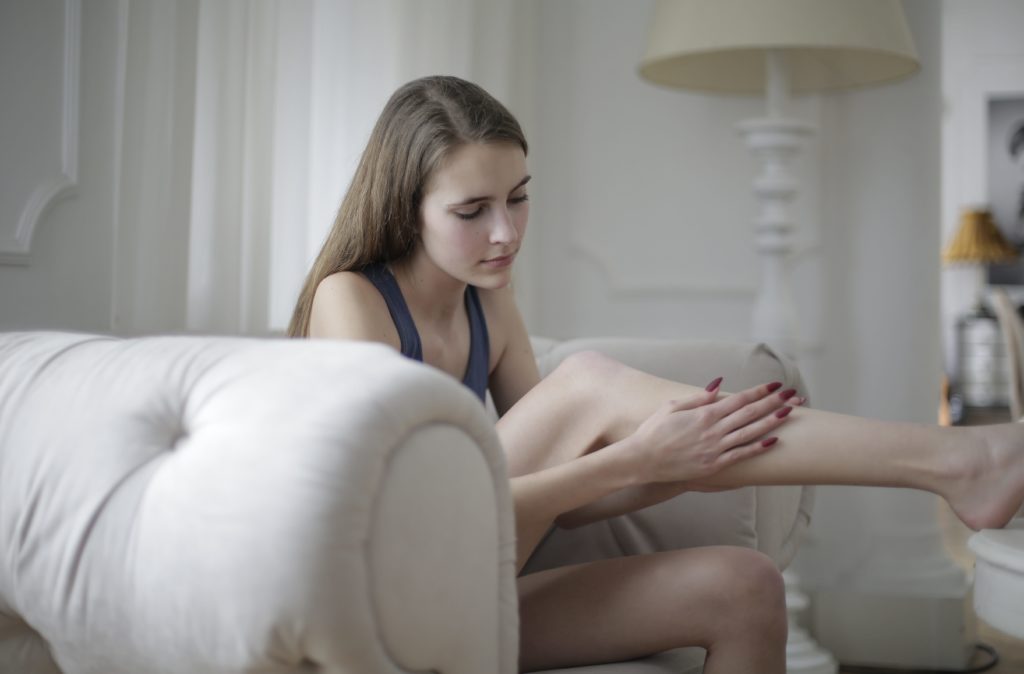
Biotique morning nectar moisturiser is the one I’ve been personally using since years. It does wonders with its SPF effect. Apply a layer and let it sink in for full five minutes.
Home based moisturisers:
1. Application of honey for half an hour everyday helps in nourishing your skin deeply.
2. Apply coconut oil for smooth skin
3. Squeeze some pulp out of a slice of papaya and add some honey to it and mix them properly to make paste out of it. Keep it on for about 10 minutes and wash it away to get moisturised and beautiful skin.To wake up looking and feeling refreshed, take what you’ve learned here to develop a customised nightly skincare regimen and start using it on every night. You will be amazed by the results!
It is essential to provide your skin with the right care after a long day to help your skin rejuvenate naturally and keep damaging factors like sun, wind, stress and debris away from penetrating the deeper layers of the skin.

